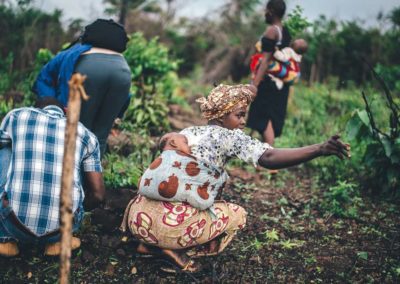Stories & Impact
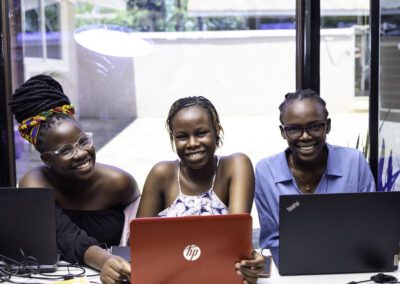
LakeHub Launches Tech Training with French-based 01 Talent
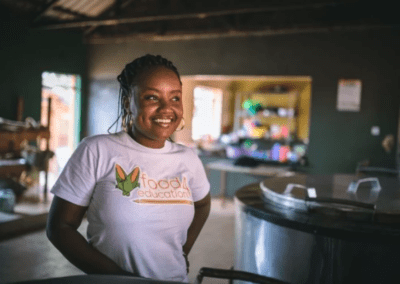
Partner Graduation – Food for Education
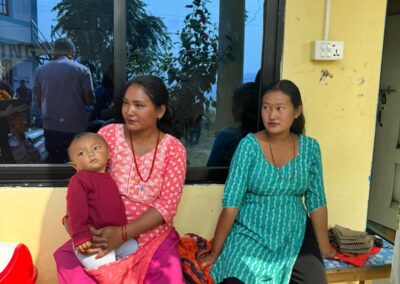
Witnessing Change in Maternal Healthcare in Rural Nepal
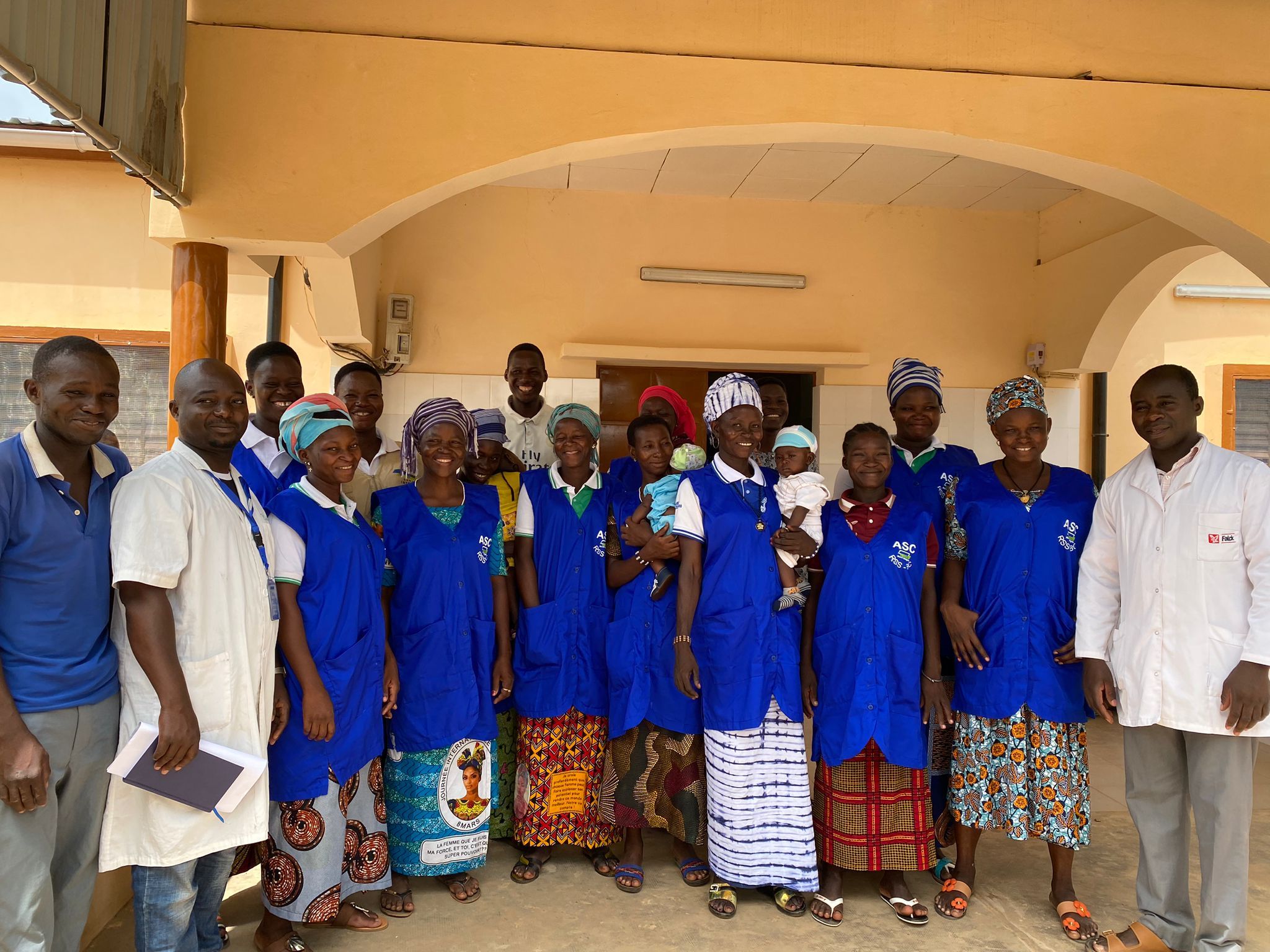
Task Shifting Program a Game Changer in Togo
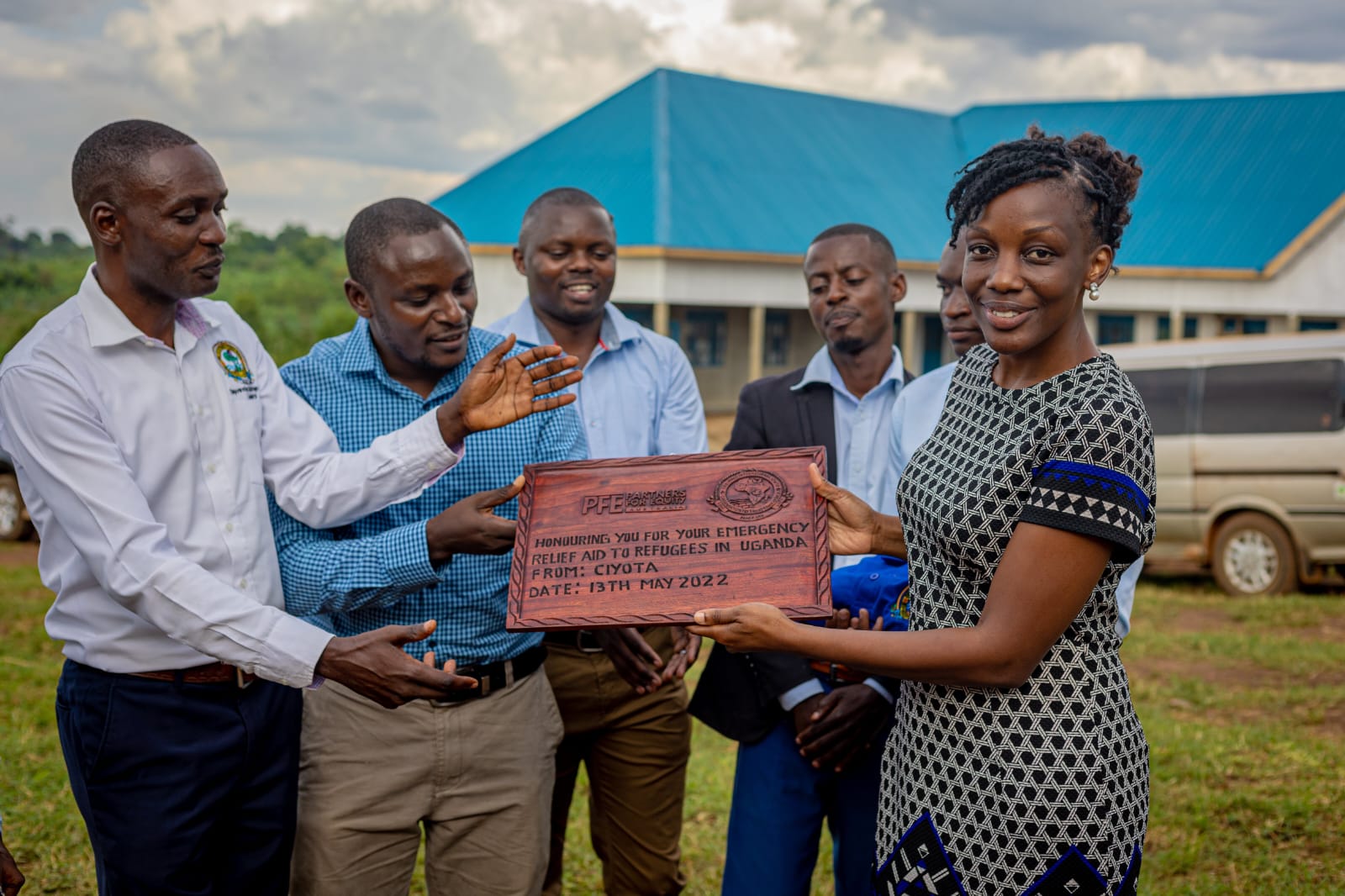
CIYOTA Secondary School Has Opened
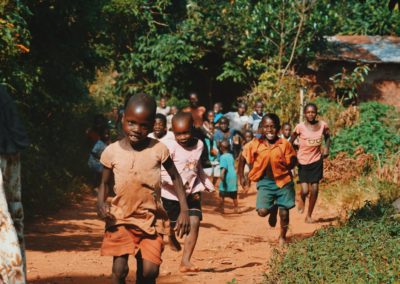
Education Bridge: Shining Beyond South Sudan Borders
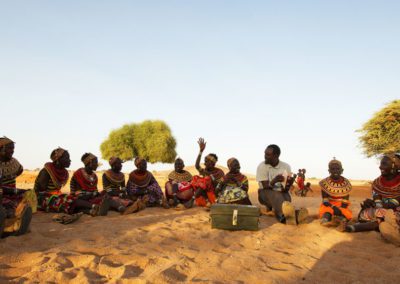
Visits to East African Partners – The Boma Project
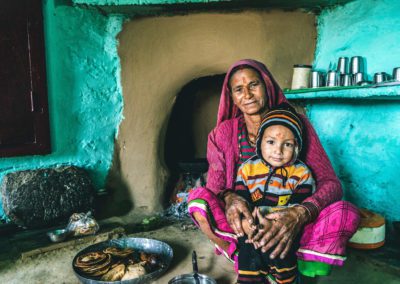
A visit to Impact Foundation with Dr. Hasib Mahmud
